Wall Street’s best hope to end Trump’s global trade war is one of its own
Treasury Secretary Scott Bessent is trying to execute one of the highest-stakes gambles in modern political and economic history.
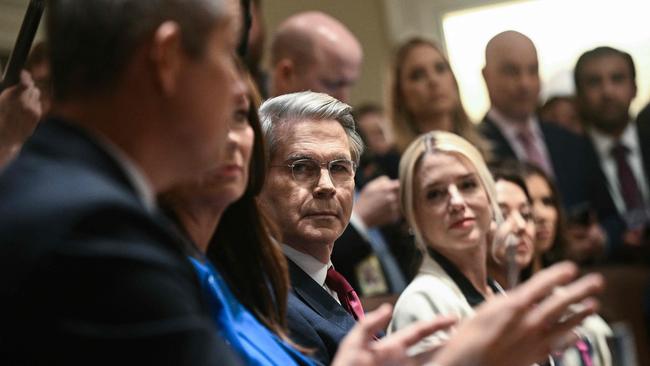
Scott Bessent had Donald Trump’s ear.
The Treasury Secretary had begun to encourage the president to pause his campaign on global tariffs to cut trade deals and isolate rival China. On a flight Sunday to Washington from President Trump’s Mar-a-Lago club in Florida, Bessent advised the president to propose an “endgame.”
Trump wasn’t ready. But as the week unfolded, the combination of a cratering stock market and a surprise sell-off in US bonds — normally a haven in times of crisis — was too much to ignore. Trump put many of the tariffs on hold.
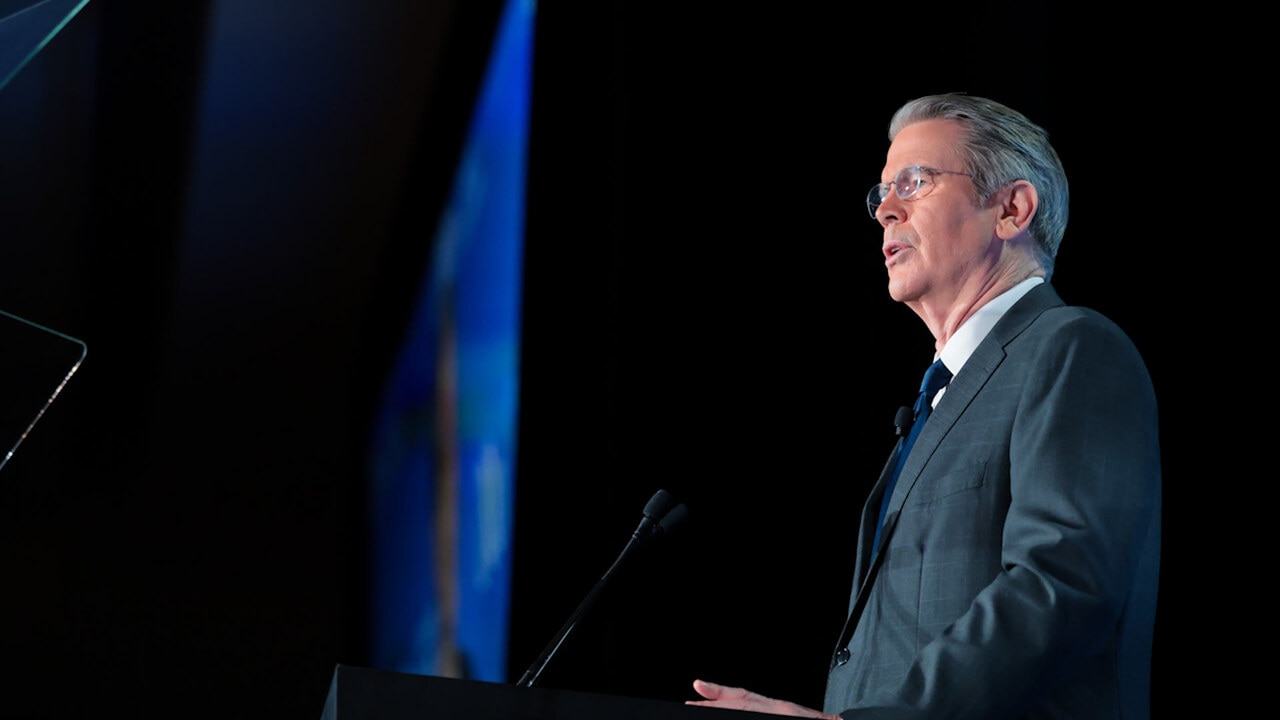
Bessent got what he wanted, but hardly the way he wanted it.
The 62-year-old former hedge-fund manager has the thorny task of knitting together MAGA’s populist brand of economics with the more-traditional conservative policies he has championed after years in the world of high finance — debt reduction, tax cuts, deregulation and the like.
Bessent made his name as a “macro” trader, a corner of the investing world where investors place giant bets on major economic trends. As Treasury secretary, he is trying to pull off a macro trade of sorts on Trump’s ability to remake the US economy.
It is one of the riskiest and highest-stakes gambles in modern political and economic history. If Trump’s trade strategy sparks a painful economic downturn, Bessent will share the blame with his boss.
“It will be genius if this leads to great outcomes,” says Senator Lindsey Graham (Republican, South Carolina), a longtime friend of Bessent. “If not, it will be considered a huge mistake.”
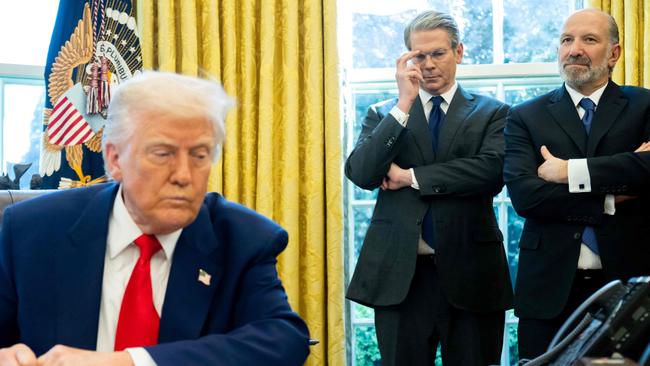
This article is based on conversations with more than a dozen people close to Bessent, Trump and others in the administration who navigated 10 days of turmoil in America’s financial markets.
The 90-day pause Trump enacted on most tariffs for most countries has done little to calm the waters. Despite a furious initial rally, the stock market remains on edge, and Treasury bond yields — which influence all sorts of borrowing costs — remain stubbornly high. What promises to be a bruising trade war with China has only escalated.
“If you think this is over, then you’re wrong,” JPMorgan’s chief rates strategist said in a note to clients Thursday.
For now, Bessent’s status in the administration is on the rise. One senior official described him as an “adult in the room,” saying he has gained favour with the president. Trump is now giving Bessent a leading role in negotiating with countries, a senior administration official said.
“He’s one of the MVPs of the administration,” said Graham. “He’s calming and logical, and he understands President Trump.”
Drawn to Trump
Bessent has undergone a surprising transformation, from traditional financier to MAGA hero and Trump ally. He grew up in small-town South Carolina, attended Yale University and joined George Soros’s hedge fund in 1991.
A year later, he played a key role in Soros’s enormous and successful bet that the British pound would collapse. Bessent was Soros’s chief investment officer from 2011 to 2015 before leading his own firm.
Over the years, Bessent mostly gave money to Republican candidates, but he also helped some Democrats, hosting a fundraiser for Al Gore’s presidential campaign in 2000 at his Hamptons home. He also donated that year to Republican Arizona Senator John McCain.
Bessent got involved in Trump’s 2024 presidential bid partly because he worried the nation was running out of time to cut down its towering debt, he told friends and others.
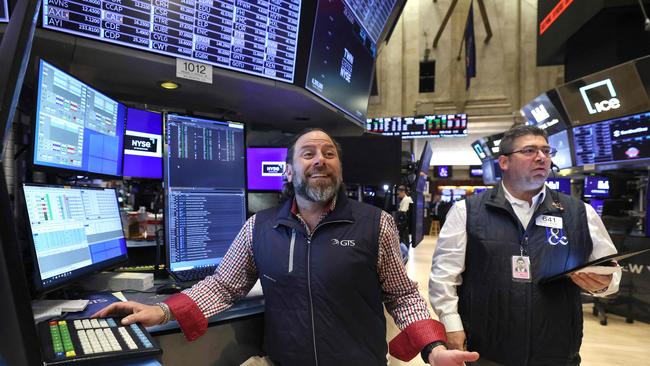
Bessent found an ally in his ascendance in South Carolina Governor Henry McMaster. The Republican governor called Trump and his campaign manager last fall to make a case for Bessent as Treasury secretary after Bessent asked for a recommendation, McMaster said. Bessent’s primary competition was longtime Cantor Fitzgerald boss Howard Lutnick. He camped out at a Palm Beach hotel for weeks to beat out Lutnick, who became Commerce secretary.
Trump aides said he liked Bessent more than Lutnick, in part because he thought Bessent was better on TV. “He’s very good,” Trump told an aide last month. Bessent also scores points for showing up at the White House sparingly, and Trump appreciates his wealth and acumen.
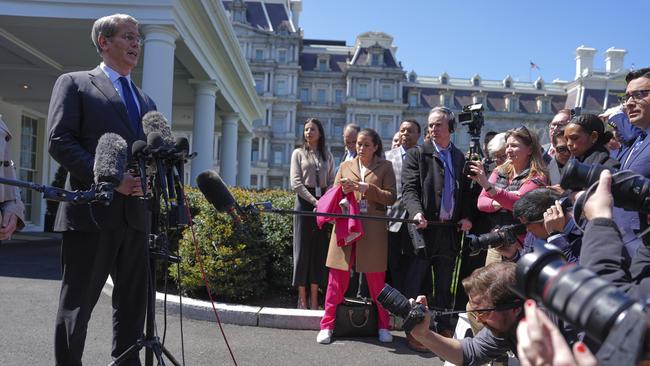
In a statement, the White House said both Bessent and Lutnick deserve praise. “The entire Trump administration is playing from the same playbook — President Trump’s playbook — to restore American Greatness from Main Street to Wall Street,” said spokesman Kush Desai.
Bessent joined Trump in the White House Rose Garden as he unveiled the new tariff plans on April 2. Most everyone in the finance world expected the levies to be somewhat limited. They weren’t. Trump said that US imports would face a baseline 10 per cent tariff, with much higher rates applied to partners judged “bad actors” on trade.
Bessent immediately issued a warning to countries affected by the tariffs: Don’t respond. “I would advise none of the countries to panic,” Bessent said in a television interview with Bloomberg. “I wouldn’t try to retaliate because as long as you don’t retaliate, this is the high end of the number.”
A leisurely dinner
It was investors who panicked, sending stocks to their largest drop since March 2020 and erasing trillions of dollars of market value in days.
Bessent, at least outwardly, didn’t show much urgency and was arguing within the White House and publicly that the stock sell-off wouldn’t affect the real economy.
Around 6:30pm on April 3, after the first day of post-tariff stock declines, Bessent was seen enjoying a leisurely dinner over wine with a colleague from the hedge-fund world at Ned’s Club, a private members’ club in Washington, according to a fellow diner.
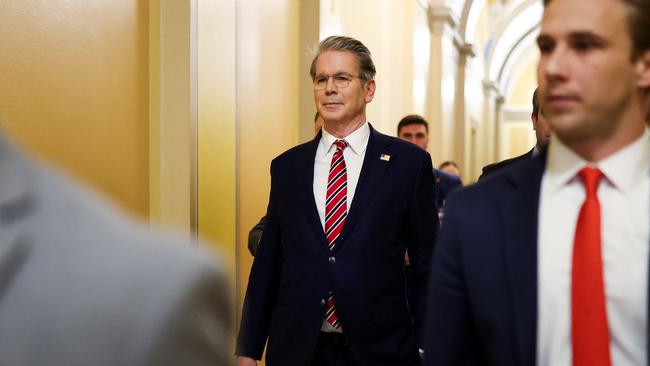
By last weekend, after China slapped its own counter tariffs on the US, Wall Street was growing even more nervous. Investors were calling Bessent asking for help. Some executives who know him were bewildered by his support for Trump’s plan. It wasn’t just that they lost money — they were worried about the fate of the economy, writ large. Certain Wall Street executives started speaking out publicly.
Aboard the Marine One flight Sunday to the White House, Bessent and Trump discussed the idea of pausing the tariffs. Countries hit with hefty tariffs were scrambling to get to Bessent, both directly and through emissaries including corporate chieftains and bankers.
The big turn came Monday into Tuesday, when investors were dumping anything American. Stocks and bonds, including supersafe US government debt, sold off in tandem. The dollar plunged. A trader for Citigroup said global investors became concerned and started to sell US government bonds.
Some in finance felt burned by Bessent. In February, he had said he wouldn’t issue more long-term government bonds to address ballooning US deficits. That was a major reason hedge funds started placing bets that long-term Treasurys would go up in price.
By April 2, investors held more of those bonds than any time over the past 15 years, according to Jay Barry, head of global rates strategy at JPMorgan Chase. Now that trade was blowing up, forcing investors to sell. Bank regulators, including the New York Fed and the Office of the Comptroller of the Currency, contacted banks, asking about the health of their trading operations.
Growing alliance
New countries reached out to Bessent and the team, including the prime minister of Japan and South Korea’s president. India had already approached. Representatives of Vietnam visited Bessent’s offices.
Sweeping across-the-globe tariffs went into effect Wednesday. By then, Bessent and the Trump team were already considering a pivot: building an alliance against China. Bessent gave a speech to the American Bankers Association telegraphing the Trump team’s new strategy. “We can probably reach a deal with our allies,” Bessent said. “And then we can approach China as a group.”
Later that day, sitting in the Oval Office with Bessent and Lutnick, Trump announced the move, walking back steep levies on nearly 100 nations that had taken effect just hours earlier.
The reversal sent stocks soaring and eased problems in the bond market. But investors quickly grasped that the fundamentals hadn’t changed: The US was still in an economic war with China.
Regardless of how trade negotiations play out, global economies are likely to be left with higher tariffs than at any time in a century, potentially weighing on growth and pressuring inflation.
By Friday, investors were once again dumping key US bonds.


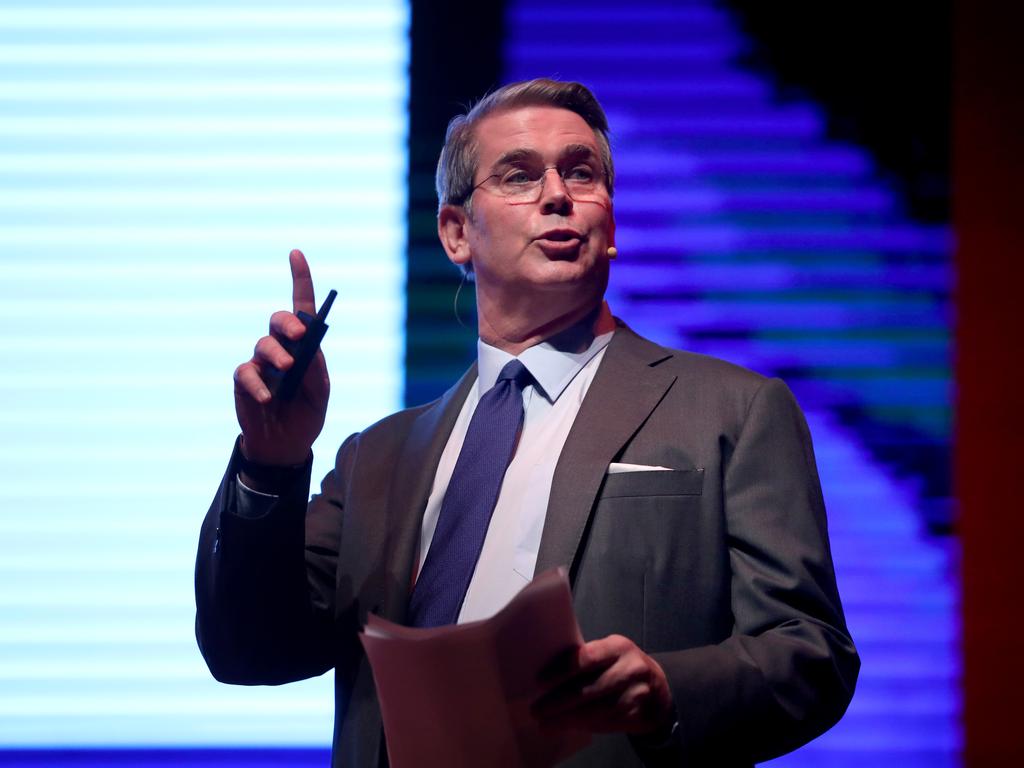
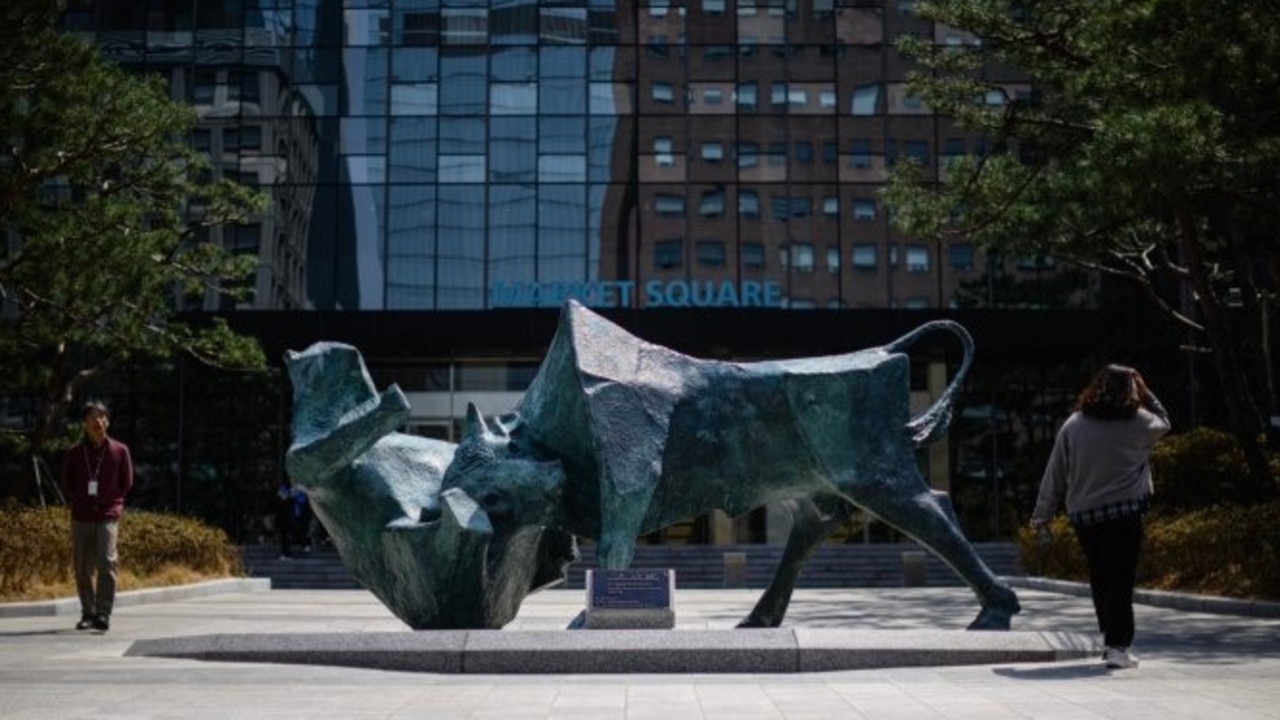

To join the conversation, please log in. Don't have an account? Register
Join the conversation, you are commenting as Logout